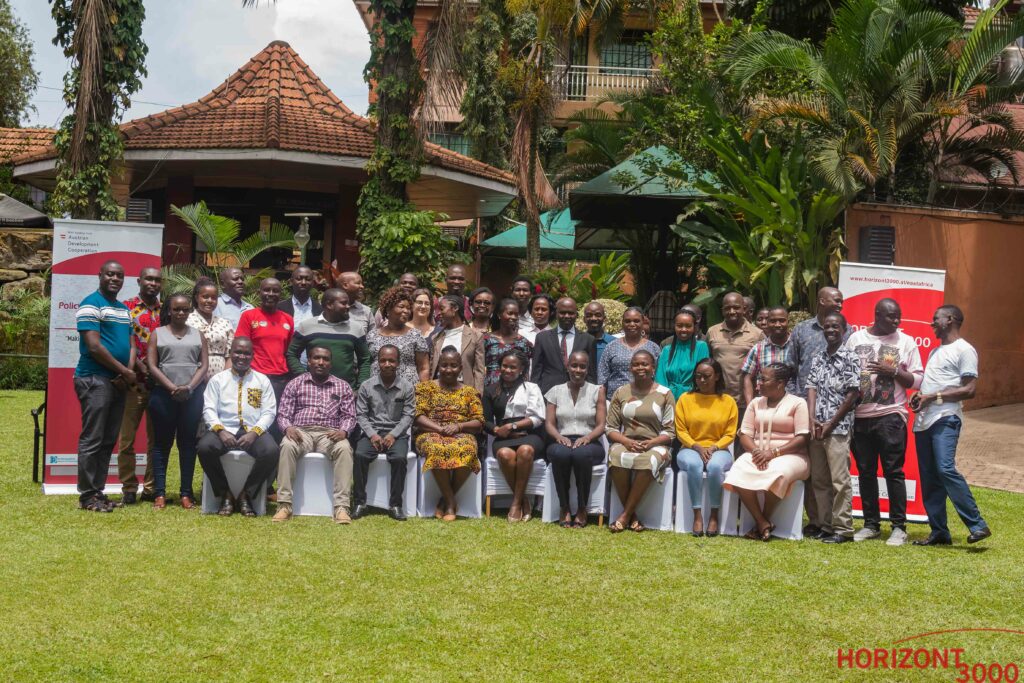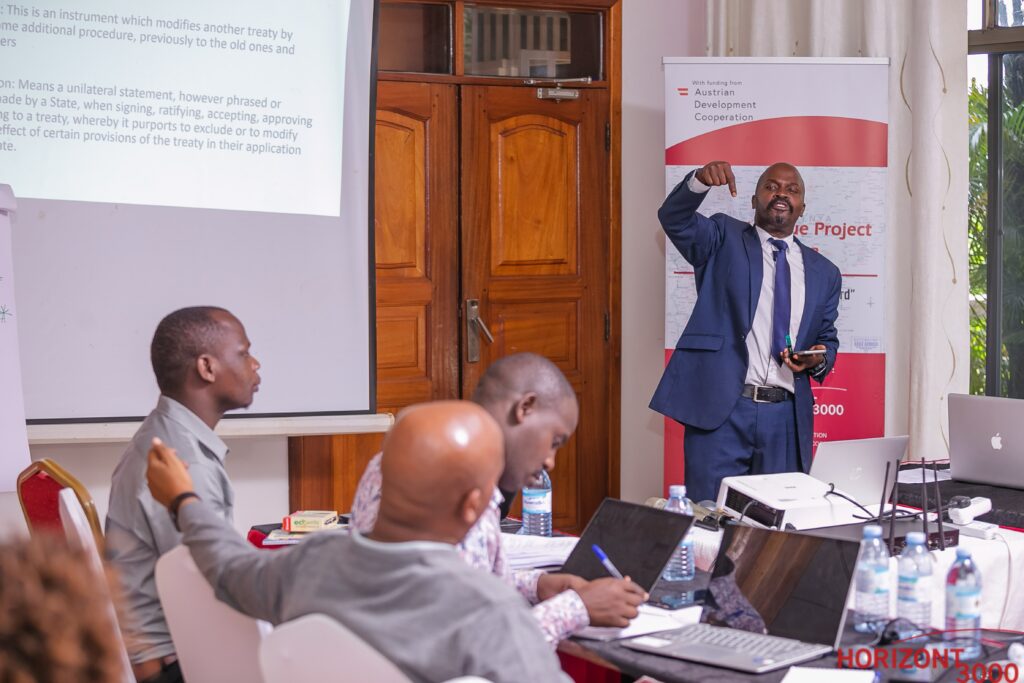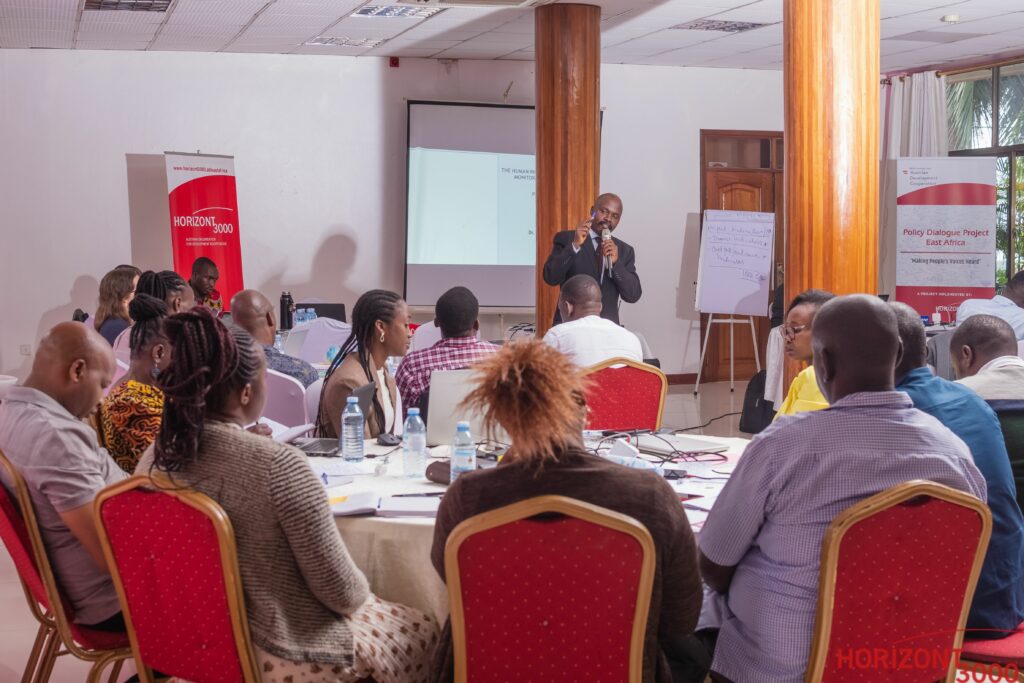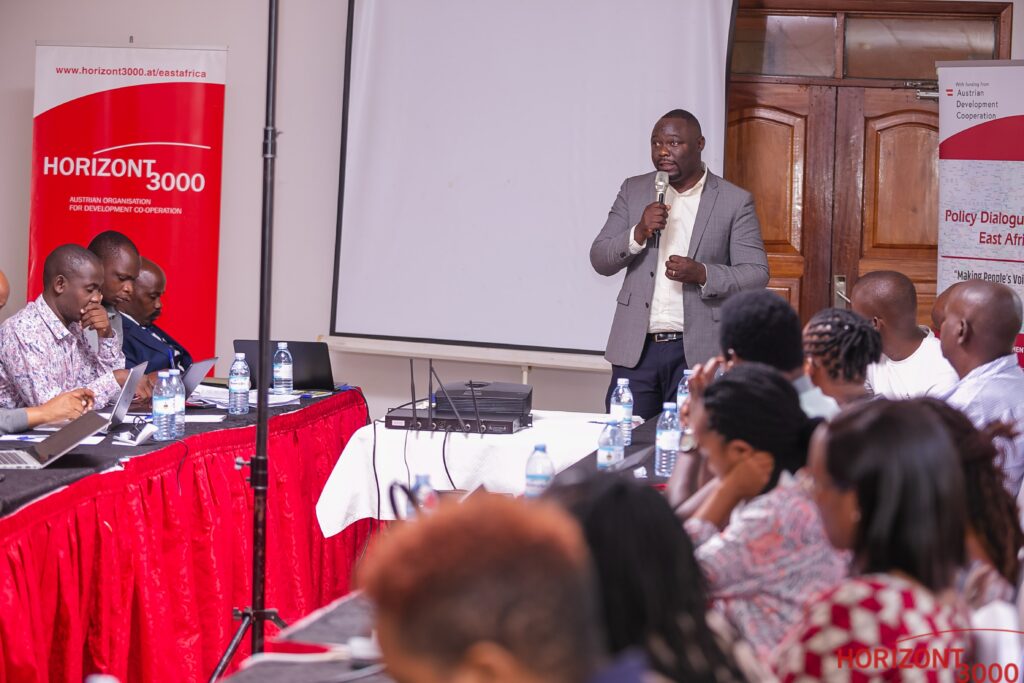Make Your Experiences Count. They Can Change the World.
LET’S BRING ALL OF OUR KNOWLEDGE AND EXPERIENCES TOGETHER.
TOGETHER WE KNOW MORE. TOGETHER WE ACHIEVE MORE. TOGETHER WE DO BETTER.
LET’S BRING ALL OF OUR KNOWLEDGE AND EXPERIENCES TOGETHER.
TOGETHER WE KNOW MORE. TOGETHER WE ACHIEVE MORE. TOGETHER WE DO BETTER.
Published: 29 November 2023
Policies are for the well-being of everyone within a community and contributes to the upholding, promoting, protecting and respecting of human rights. Civil society organizations have been vital in facilitating policy dialogues that have registered positive results, ensuring single or multiple rights are respected. Policy dialogues have had positive impact, like

Despite these remarkable efforts, sustainability, empowerment of marginalized, excluded, and vulnerable right holders such as indigenous people, smallholder farmers, women, children, youth posed challenges that require a more empowering rights-based approach where right-holders constructively engage with duty-bearers in ensuring goods and services are adequately provided to meet the needs and improve general living standards of everyone.

That there were gaps in linking various interventions and policies to human rights framework, was noted during the visit under the topic “More training required for all staff on HR-B-A and Policy influencing”. To address the gaps, Policy Dialogue East Africa program organised Human Rights Based Approach (HRBA) training for partners and regional office staff.

The training was attended by 38 (20 male and 18 female) participants representing 16 institutions: HAKIARDHI, Women’s Economy and Gender Support (WEGS), Human Life Defense Department-Rulenge-Ngara Diocese (HLDD), Mbozi, Ileje and Isangati Consortium (MIICO), Mama’s Hope of Legal Assistance (MHOLA), Jesuit Hakimani Center (JHC), Diocese of Lodwar, Community Education & Empowerment Centre (CEEC), Mukuru Slums Development Project (MSDP), Diocese of Moroto, Caritas Mityana, Pastoral Women’s council (PWC), Pastoralist Indigenous Non-Governmental Organizations (PINGO’s) Forum, Diocese of Same, CHEMA and HORIZONT3000 East Africa.

The three days’ training in Kampala, Uganda from 17th – 19th October 2023 covered: introduction to human rights, vulnerability, marginalization, poverty and exclusion as rights violations, development approaches, human rights evolution, rights-based approach, and linkage among global, regional, country frameworks with rights-based approach.
As a result, participants were equipped with